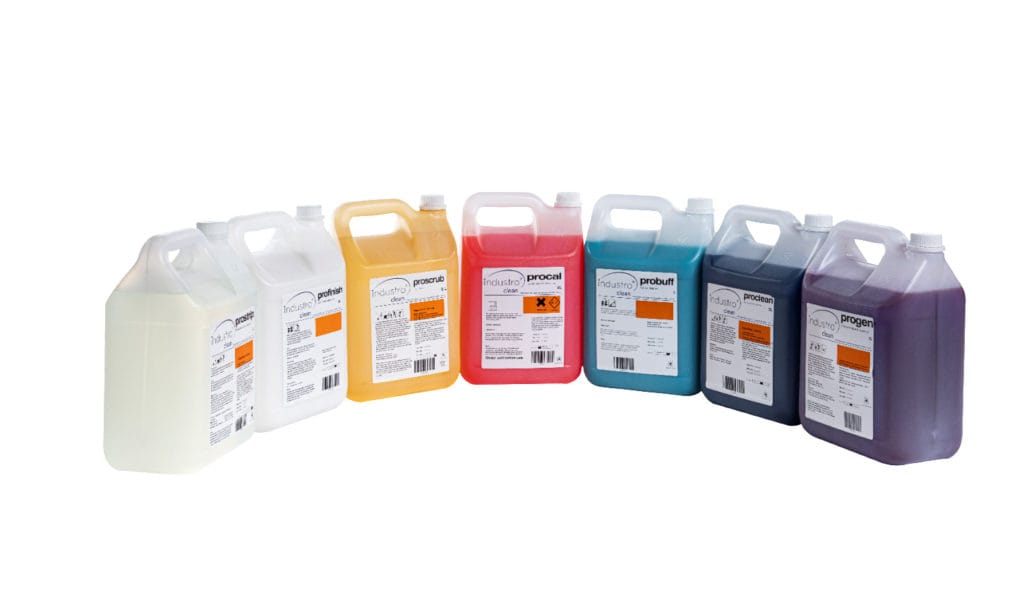Blogs
The right cleaning products to keeping covid-19 at bay
The Coronavirus epidemic is our new reality. Amidst soaring infection rates and overwhelmed public health systems, nations across the globe have resorted to drastic measures to protect their populations. South Africa’s state-imposed lockdown and ever-increasing new infections must serve as an opportunity for us to consider our personal responsibility in the greater public health crisis going forward.
Emma Corder, Managing Director at Industroclean, a leading manufacturing and supplier of industrial cleaning equipment and products, believes that separating myths from facts and giving South Africans clear and credible information on how to protect themselves and their loved ones is critical in flattening the curve of new infections.
“For example, washing hands with soap and water for 20 seconds is by far the most effective method of keeping the virus at bay “, she says. “Alcohol rubs may be used when soap and water are not readily at hand but must contain an isopropyl (alcohol) content of at least 70% in order for the alcohol to be able to break the virus proteins apart, in a process called denaturation.”
Corder cautions however that alcohol-based hand-sanitizers should be bought carefully and used mindfully. “While these products are convenient in the absence of soap and water, they do carry certain risks. For instance, the danger of small children in the house ingesting these products.
It’s been said that regular soap destroys the lipid envelope; the fatty layer that is the virus’s protective shell, and the action of washing and rinsing should dislodge any remaining pathogens. Drying our skin thoroughly after washing also makes it a less habitable environment for any virus.
Since the virus may be able to survive for hours or even days on many common surfaces, proper cleaning of surfaces is paramount. Corder explains that common household cleaners are a perfectly adequate solution for sanitizing surfaces around our homes.
“The Centers for Disease Control and Prevention (CDC) recommends that frequently touched surfaces, such as tables, doorknobs, light switches and other surfaces, be cleaned regularly using soap and water which is the best practice. This routine should already be established in all households. Once these surfaces have been cleaned, they should be disinfected. It is important to read all product labels and follow the instructions, many products recommend keeping surfaces wet for a period of time and making sure you have good ventilation. Diluted household bleach solutions can be used on certain but not all surfaces if it has not passed its expiry date. It’s also important to remember never to mix household bleach with ammonia or any other cleaner. And again, some of these products can irritate the lungs, slightly wounding the mucus membranes and leaving us even more vulnerable to coronavirus.
Last week the National Regulatory for Compulsory Specification, who administrate comprehensive safety regulations in the manufacturing or selling of cleaning products, reminded us that all chemical disinfectant products that are on local shelves must comply with minimum safety requirement and be registered by the NRCS.
When purchasing cleaning products consumers must carefully check the labels to ensure that they are buying good quality, certified products that are of the utmost importance when protecting one’s family. All registered products will have a registration number on their labels, which could be the following:
- Act29GNR529/XXXXXX/XXX/XXXX
- Act5GNR529/XXXXXX/XXX/XXXX
- NRCS/8054/XXXXXX/XXX
Corder says that the temptation to use strong, medical-grade disinfectants should be curtailed as these kill both good germs and bad, thereby potentially weakening our immune systems to future bugs. However, stronger disinfectants can and should be used in an isolation space occupied by an infected person who is ill or one who is suspected of carrying the virus.
Corder explains that in this case, more rigorous protocols are required and higher concentrations of cleaning products, comparable to those used in a healthcare facility setting, should be used for cleaning of surfaces. “Surfaces that are touched often, like counters, toilets, computers, phones and tablets should be cleaned thoroughly and often”, she says.
Corder also offers these tips for those in isolation:
- Those in isolation should wash their hands frequently with soap and water and where this is not possible, use an alcohol-based sanitizer of at least 70%.
- They should avoid contact with other people but if this is unavoidable, they should wear a facemask and maintain a distance of 2 meters from other people
- Where possible, stay in a separate room with your own bathroom.
- Use a tissue when coughing and sneezing and immediately throw the tissue away into a lined bin, following by handwashing.
- Household items like knives, forks, cups and towels should not be shared and should be washed thoroughly with soap and water after use.
- Laundry should be washed at the hottest possible temperature allowed by the fabric and where possible, should be tumble dried and ironed on a hot setting. Those doing the laundry should do so wearing gloves and a plastic apron.
- Those responsible for cleaning home-quarantine zones should ideally wear appropriate PPE (Personal protective equipment).
“This is a time when South Africans can show their care for each other by being aware of their personal responsibility and being mindful of the effect that their actions may have on those who are more vulnerable to contracting the virus,” concludes Corder.


